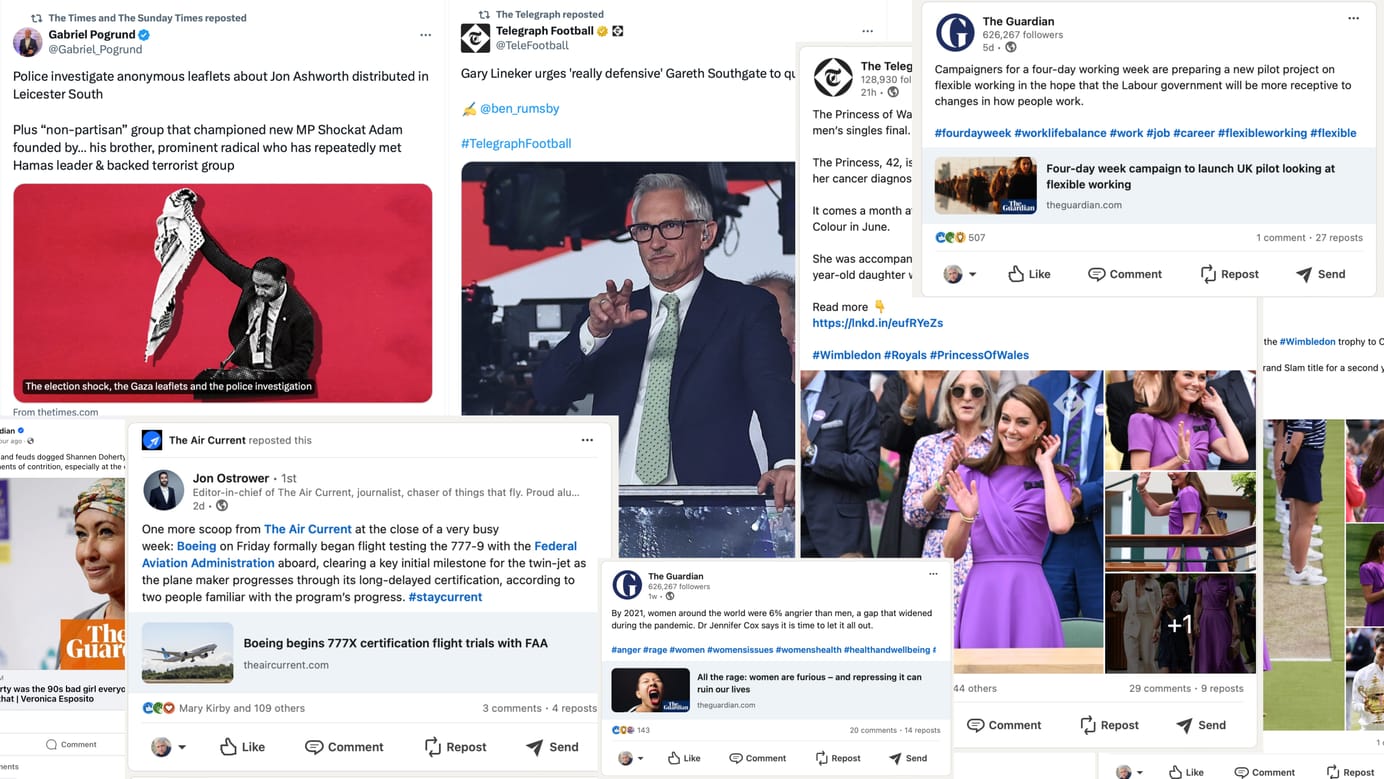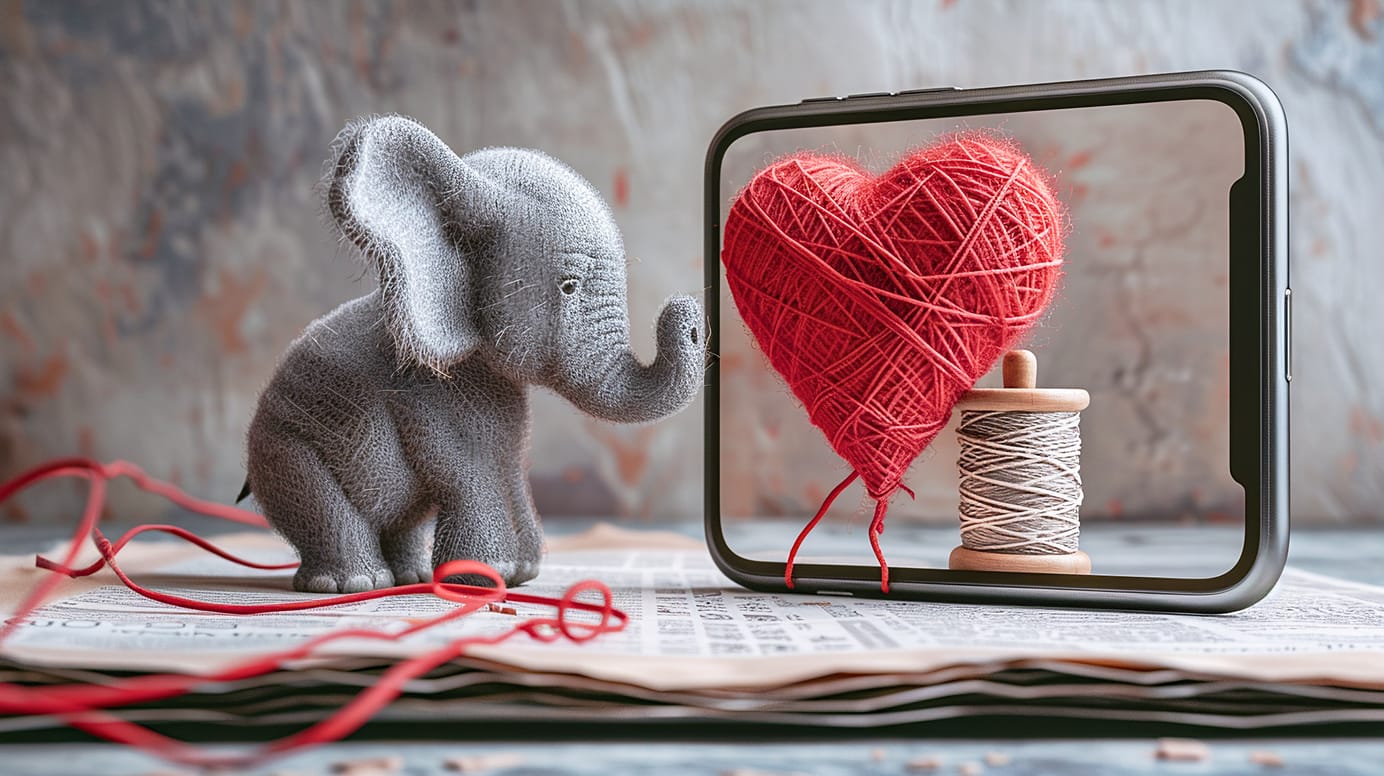Le Web 3 '07: Social Media versus Anti-social Media
There were a couple of interesting, but ill-attended talks yesterday before lunch, which I wanted to draw together.

June Cohen of the TED Conference made some interesting points about media, and in particular, about technology just drawing it back full circle.
“We think new media is new,” she said. And it is. “But old media is astonishingly new in the whole of human history.”
Using the clock metaphor for human existence, “old media” appears about two minutes to midnight.
“Before that, all media was social,” she suggests. Without mass media to carry messages, people communicate on an individual or group basis, in the same place as each other. The mass media age has, against expectations, created an anti-social media. Media delivered from on high is new and “frankly, really horrible”. TV has isolated us, Cohen suggested..
“US 50 year olds watch 40 hours of TV a week – that’s a full time job”.
She also had bad news for the big bloggers like Mr Scoble (thanks for the link!). “Ordinary, connected bloggers are more interesting than big, famous ones,” she suggested, because they return more closely to the social model, rather than the big media one. “Big media will become smaller,” she concluded.
2 things change us: technology and people (leaders). “We have an extraordinary opportunity to connect thought leaders of today to people who are engaged online, withouth the need for big companies or big government.”

Jonathan Medved of Vringo build a compelling case for the desire of the tech-savvy younger generation wanting to extend their personality both onto and into their devices. His service is based on the idea of being able to inlfuence how you appear on other people’s mobiles based on what you do on yours.
This intrigued, because, in the context of Cohen’s speech, it implied that there is a generation who now accept internet communications as part of their life to such a degree that their main concern is imposing their own sense of identity into those communications, and perhaps seeing the media they consume and create through their assorted devices as part of who their perceive themselves. And that’s a major transformation from the era of defining personality through consumption.
Sign up for e-mail updates
Join the newsletter to receive the latest posts in your inbox.










